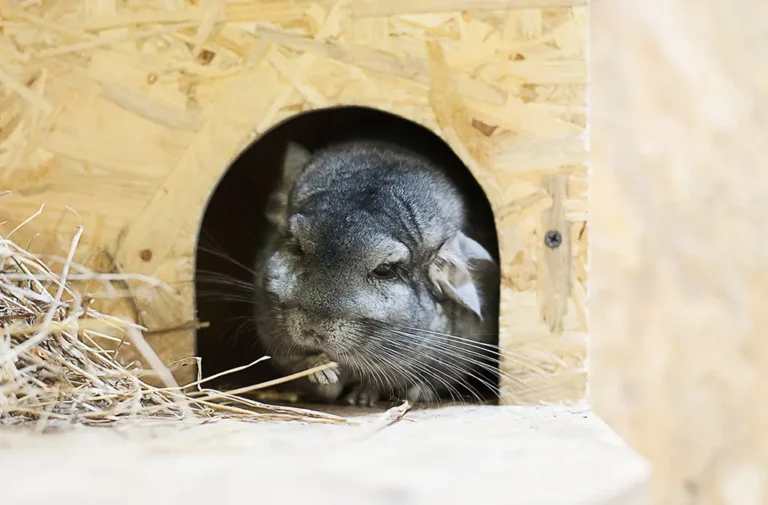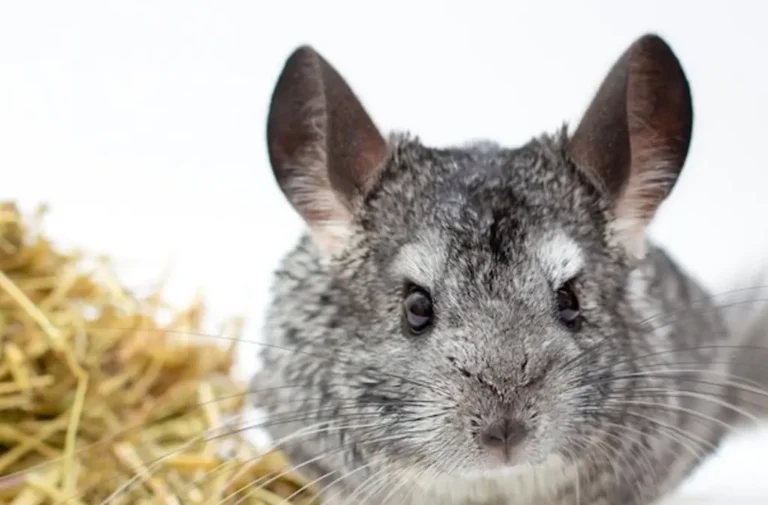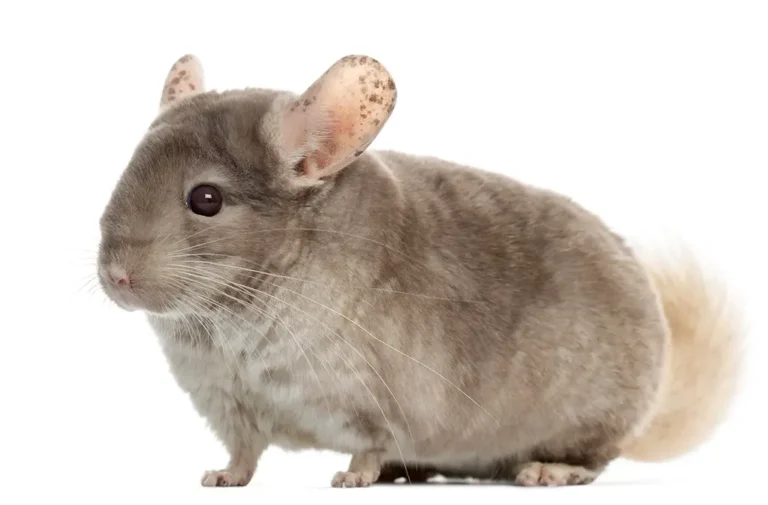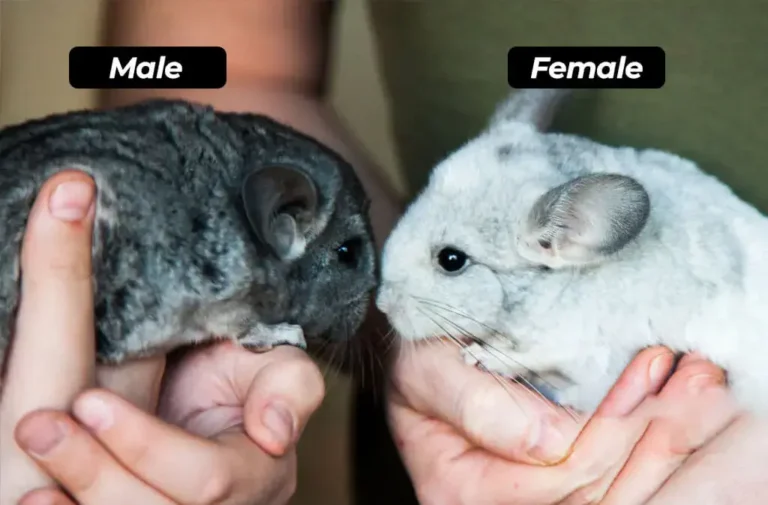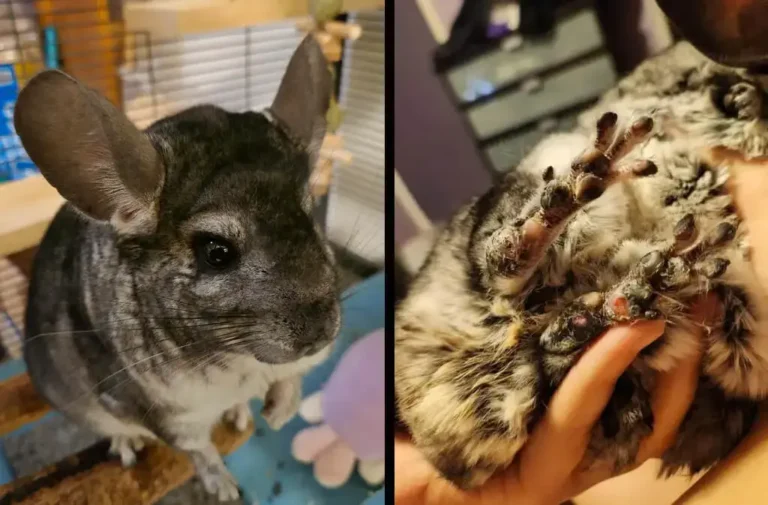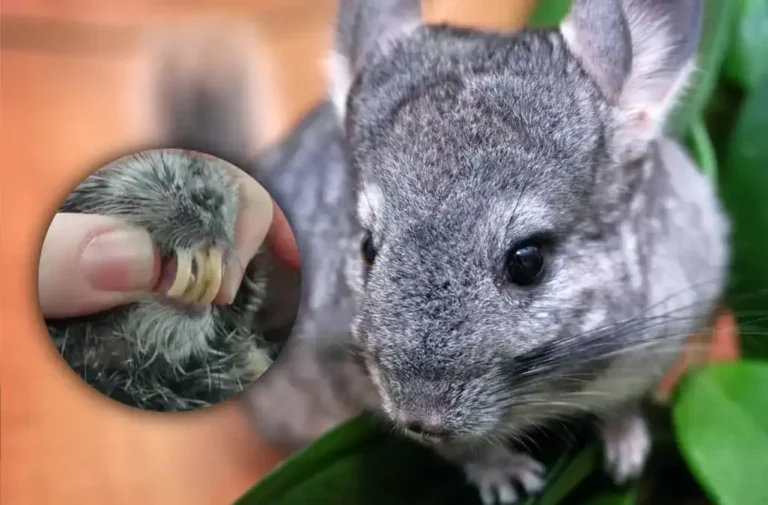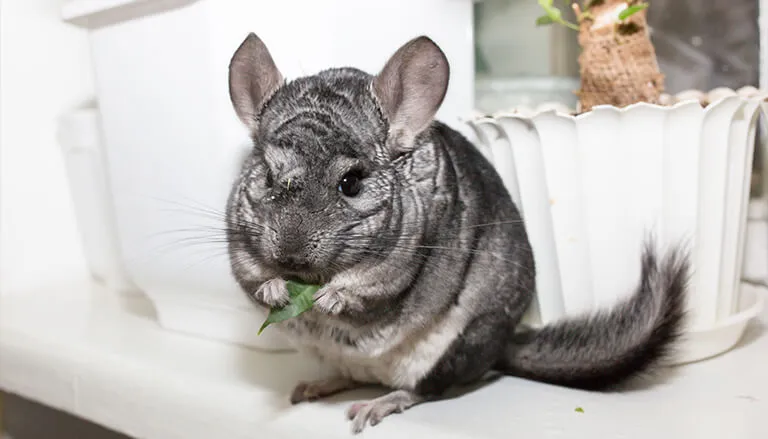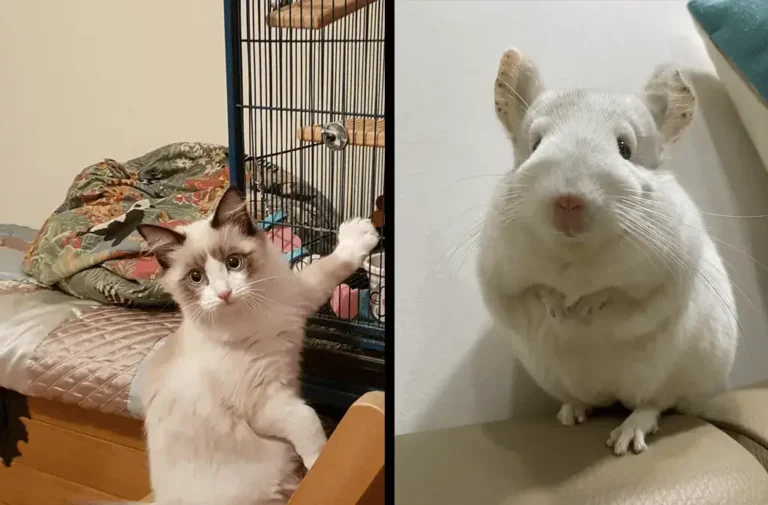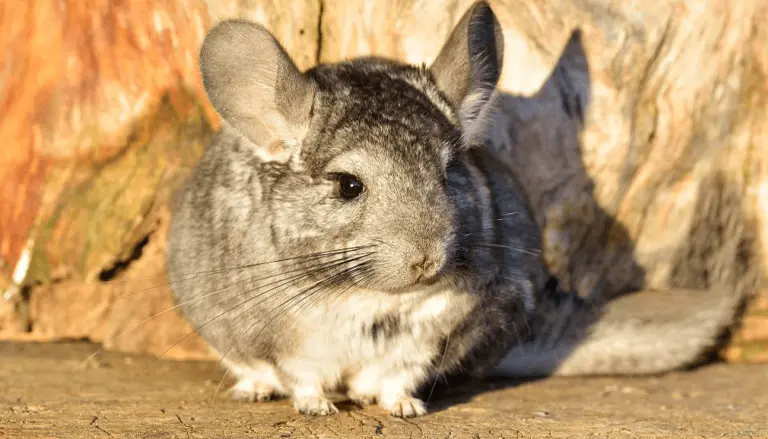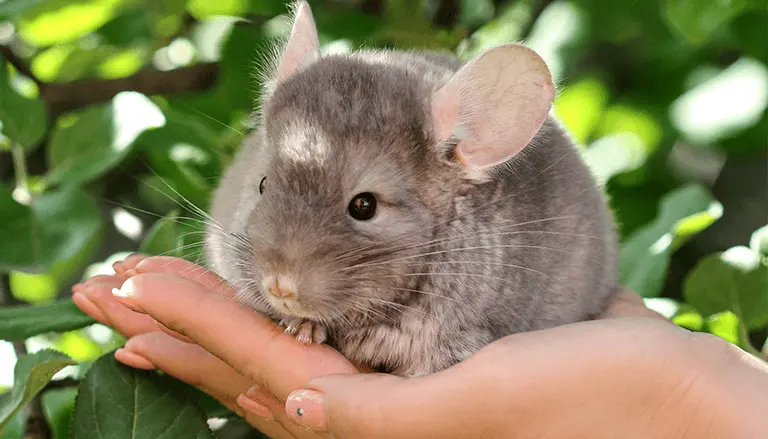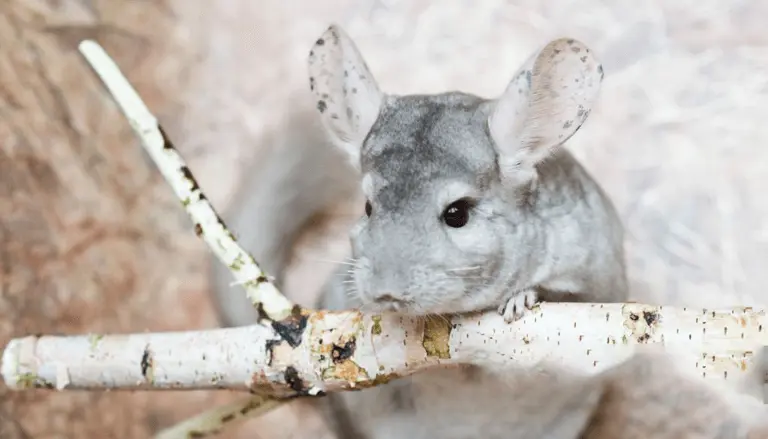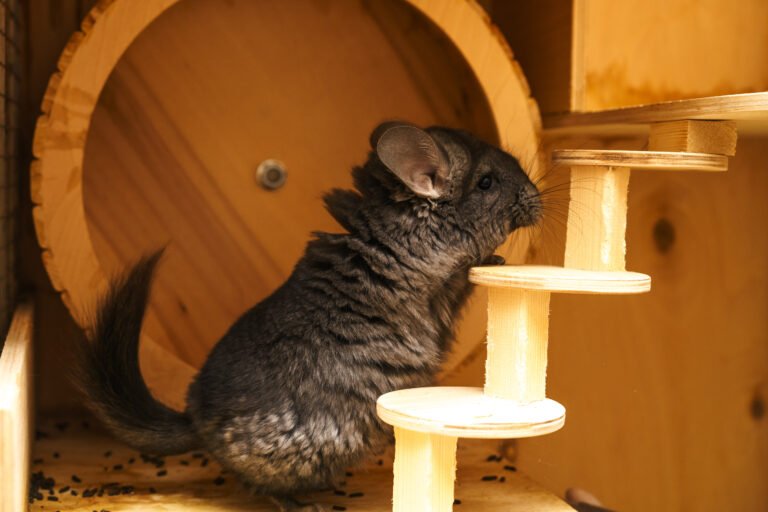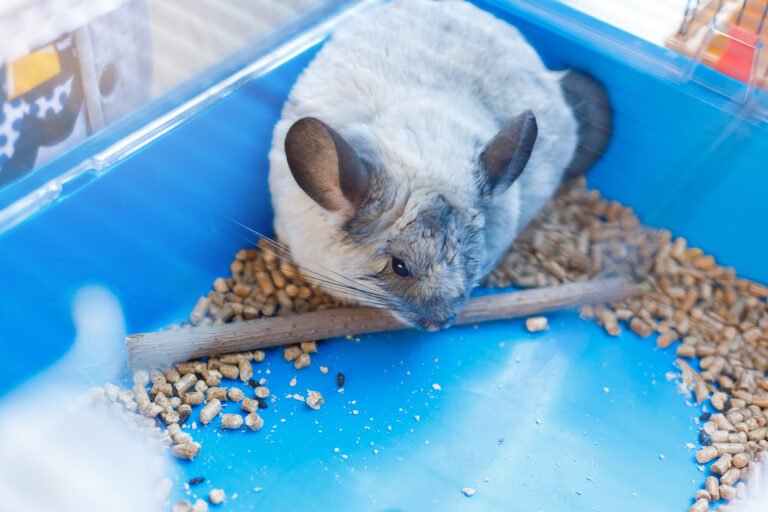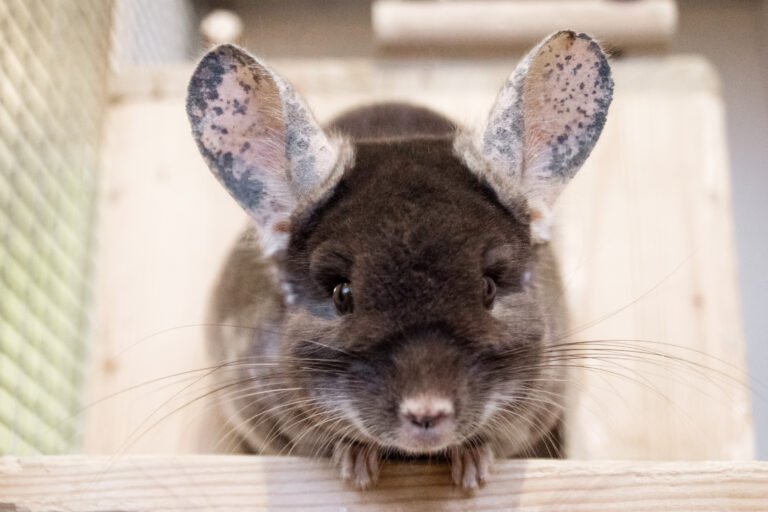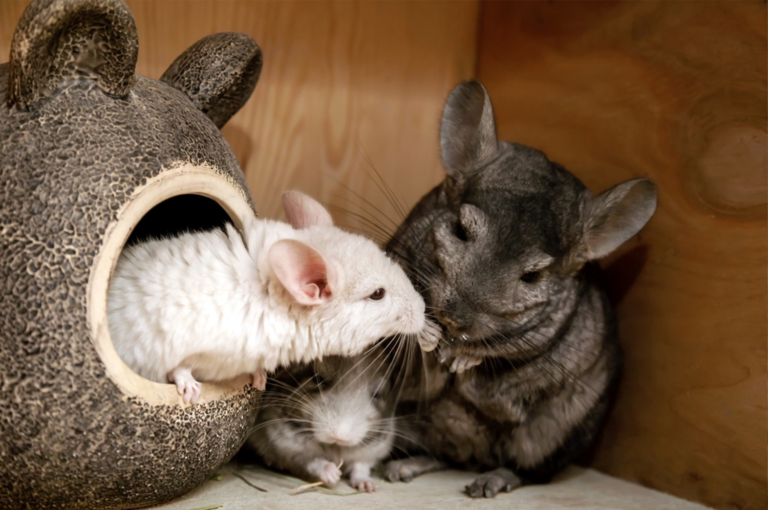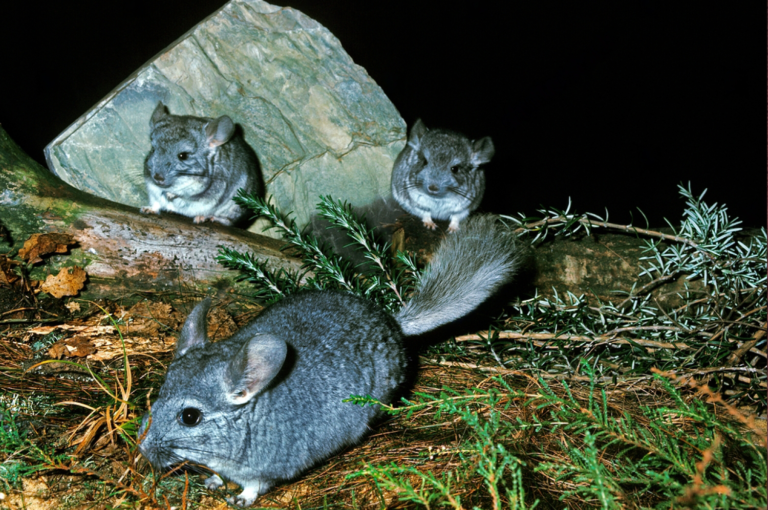How To Take Care Of A Weak Baby Chinchilla?

Chinchillas are rodents that have stolen the hearts of many pet enthusiasts because of their playful nature and soft fur. Most people enjoy breeding these pets, which is why this blog is of consideration to those who take care of their babies. Weak baby chinchillas are born fully furred, with open eyes and teeth, and can stand.
These kits can survive and thrive best if taken care of by their mother, but in some instances, they become weak due to the lack of proper care, diet, and attention. Sometimes, their mother is unable to nurse them. In such cases, providing them with a suitable habitat and fulfilling their nutritional needs is necessary to protect them from becoming weak. This blog will help you to care for a weak baby chinchilla.
Suitable Housing
Provide your weak baby chinchillas with suitable housing and ample space to roam and explore. Keep them in a well-ventilated, multi-level cage with hideaways where they can relax. It is advised to prevent using cages with significant gaps because the baby chinchillas have tiny feet that can catch them in those gaps. Their cage must have a solid bottom and small gaps. Keep them comfortable by lacing the cage in a draft-free and ventilated area. Transfer them to a large cage after 6-8 weeks of their birth.
Food & Nutrition
The weak baby chinchilla needs its mother’s milk for growth and energy. If these kits survive without their mother, they should fulfill their nutritional replacement. For babies 6-8 weeks old, it is advised to provide warm kitten milk. Feed them warm milk with a syringe and eye dropper. You can buy the milk for these kittens from veterinary clinics or any pet store. After their birth, feed them at least every two hours for the first two weeks; it will keep them healthy and protect them from weakness. For the next 4-6 weeks, you can feed them after every 3-4 hours.
Learn More: Exploring Chinchilla Breeds & Types
Stimulate Defecation
To stimulate the process of defecation, the mother of these kits lick them after feeding them. Wiping an orphaned weak baby chinchilla using a cotton ball soaked in warm water is advised. Wiping the anal surface after feeding will help to stimulate defecation. You can skip this process after the two weeks of their birth.
Weigh Them Weekly
A baby chinchilla weighs about 35-50 grams right after birth. Your little companions should gain at least double their weight after three weeks of their birth. Besides this, check their weight weekly or after 2 to 3 days. Examine the weight; if they have to gain weight, increase their feeding every hour, and if they are putting on weight continuously, reduce the feeding.

Handling & Socialization
Chinchilla kits are very sensitive and take time to get accustomed to their new owners or mates. They love socialization, but sometimes, they also get aggressive. It is, therefore, advised to let them take their time and get accustomed to you. Slowly and gently handling them will help them bond with their owners. In addition, they love to be in the company of their mates; therefore, they are advised to keep them in pairs.
Provide Pellet and hay Food
Fulfilling the nutritious needs of baby chinchillas is very important. They must be given food containing fibers, proteins, and vitamins. Pellet food and hay should be placed in the cage regularly after 2-3 weeks of birth to see if their kits pick up the solid food. Moving from liquid to solid food will take time, but they must switch to hay and pellets. After 6-8 weeks of their birth, stop giving them milk and provide solid food with water. Keep the food fresh by replacing it after every 1-2 days.
Summing Up!
The weak baby chinchillas need proper care and attention to thrive. It is advised to provide their well-balanced diet, hay & pellet food after 2-3 weeks of birth, and suitable habitat. Keep them in a ventilated cage and fulfill the nutritious replacement of their mother’s milk. It will protect them from getting weak and eliminate the chances of any disease.
FAQS!
It is difficult to describe the exact cost of these kits. The cost of baby chinchillas depends upon their type, color, and breed. It depends upon the area where you live and the price set by breeders.
Chinchillas can eat berries in a limited amount, but some unsafe berries are strawberries, blueberries, and blackberries.
It is advised to gently handle baby chinchillas and let them become accustomed to their owner.

